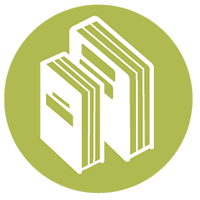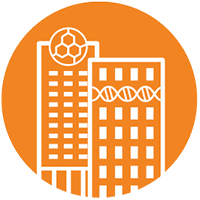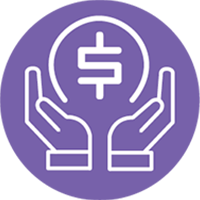Endorsed by Duke AHEAD Steering Committee, November 18, 2015 (Last updated 11/18/15)
Significance
Learners in the 21st century live in a world where technology touches every part of their lives, and the educational arena is no exception. Educators use technology to facilitate and assess learning, stimulate thinking, expose learners to diverse perspectives on issues, and create community between and among learners and teachers. Technology is a tool that can fascinate teachers and learners alike; however, health professions educators must always keep in mind that it is a means to an end, and not an end in and of itself. Since educational technology – which runs the gamut from a traditional textbook to robotics – can create a spark that stimulates innovation in educators, competencies in the creative and effective use of technology to facilitate learning and professional identity formation, as well as to assess learning, are desirable.
Specific Behaviors that Demonstrate Competency in Using Educational Technology
1. Remain current regarding innovative technologies that can be used to facilitate and assess learning
2. Use evidence to evaluate technologies for their appropriateness to a learning situation (i.e., the learners, the material to be addressed, cost, learner and teacher comfort with their use, etc.)
3. Use technology to promote the ongoing personal and professional development of self and others
4. Collaborate with others, as needed, to develop dynamic, technology-enriched learning environments that support individualized/personalized learning and help individuals meet stated learning goals/outcomes
5. Adhere to professional standards when designing and using technology (e.g., social media) to facilitate and assess learning


